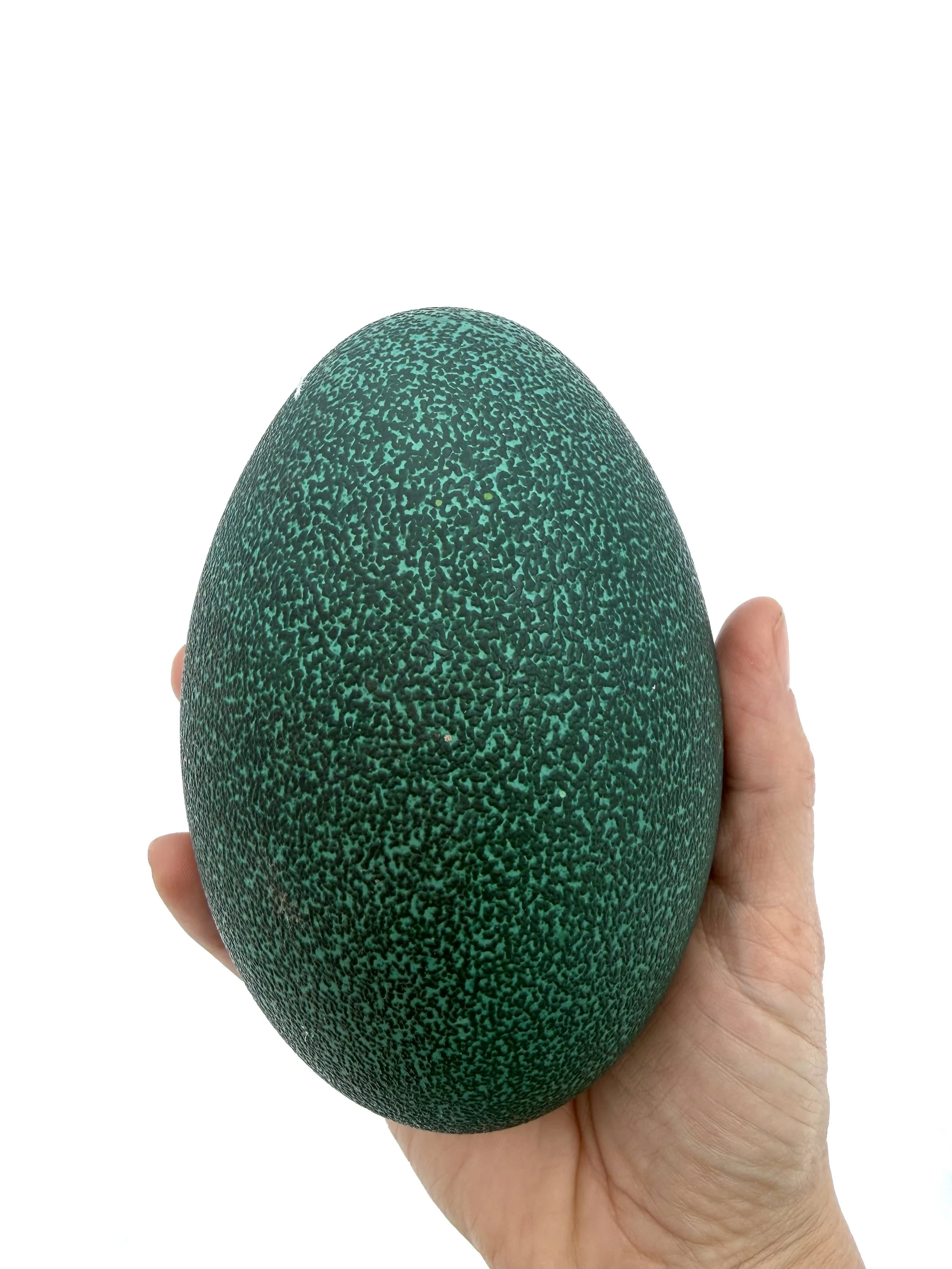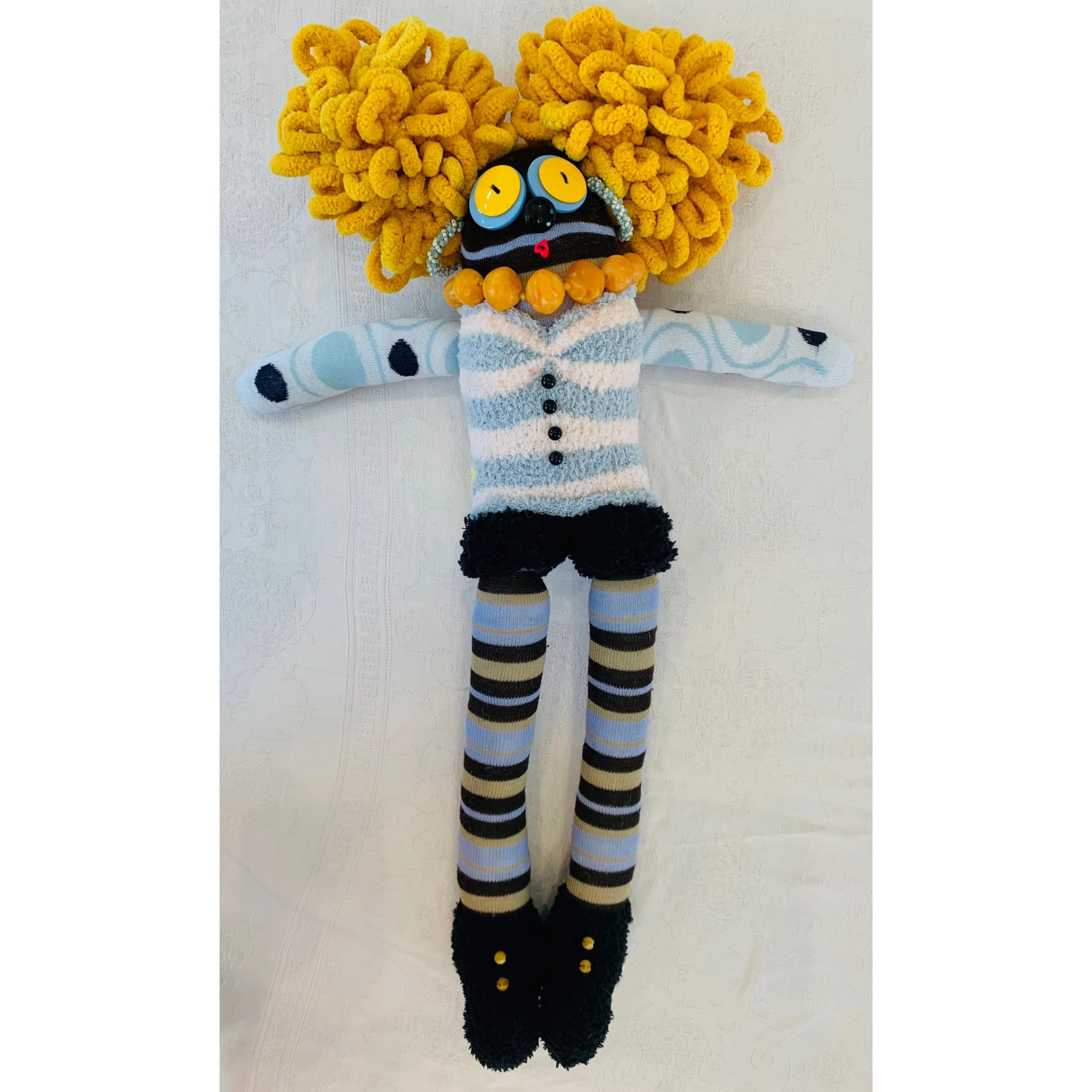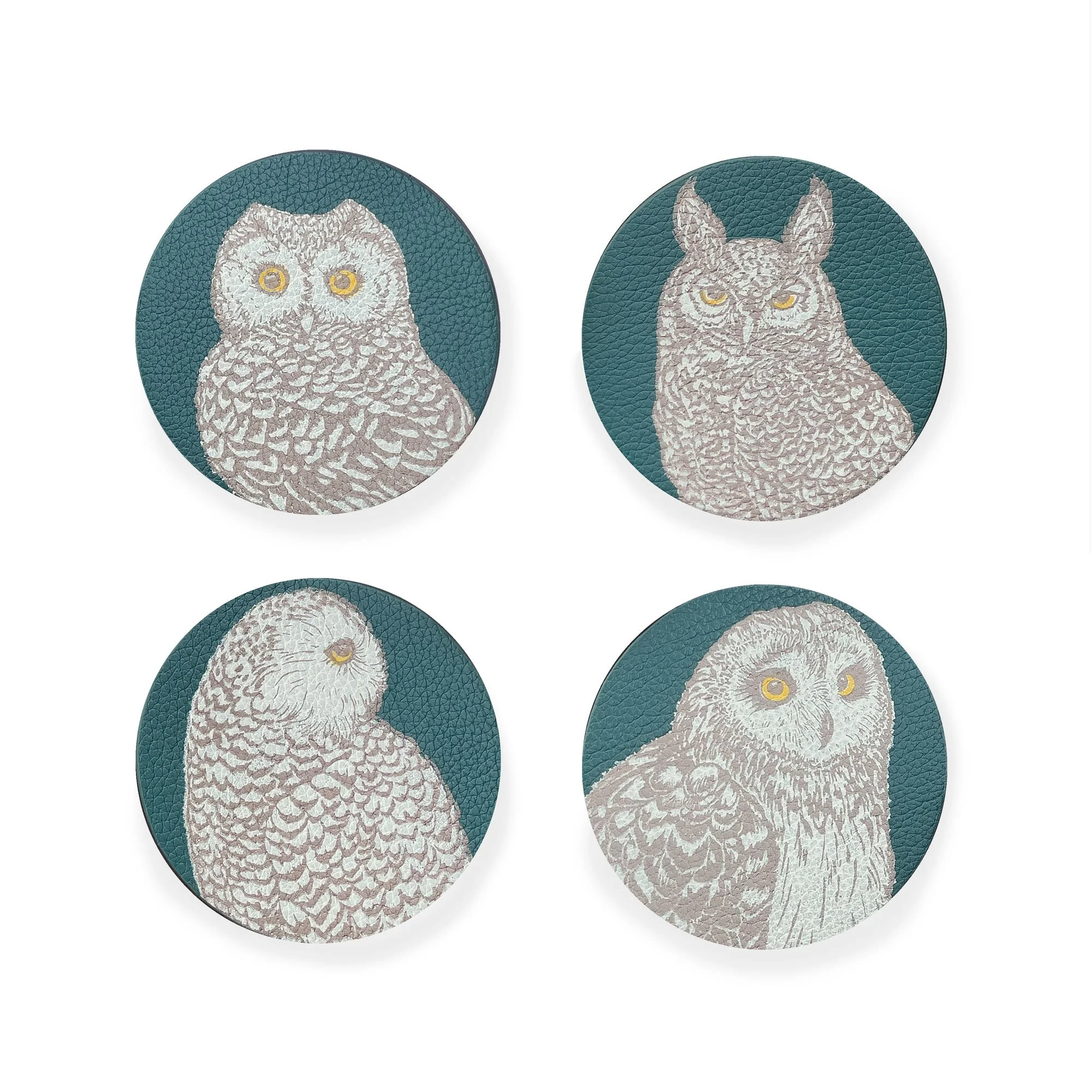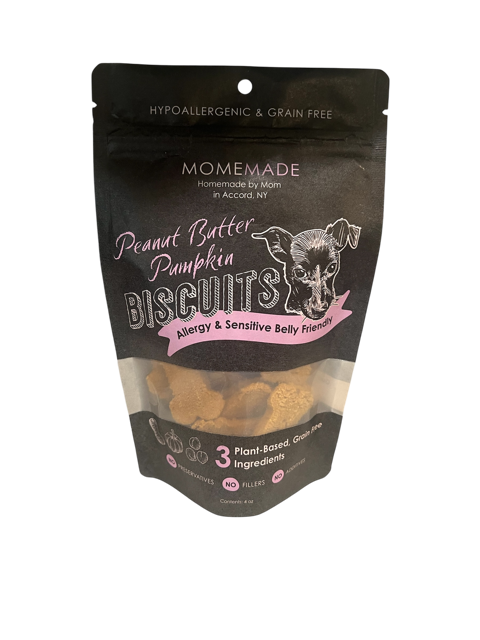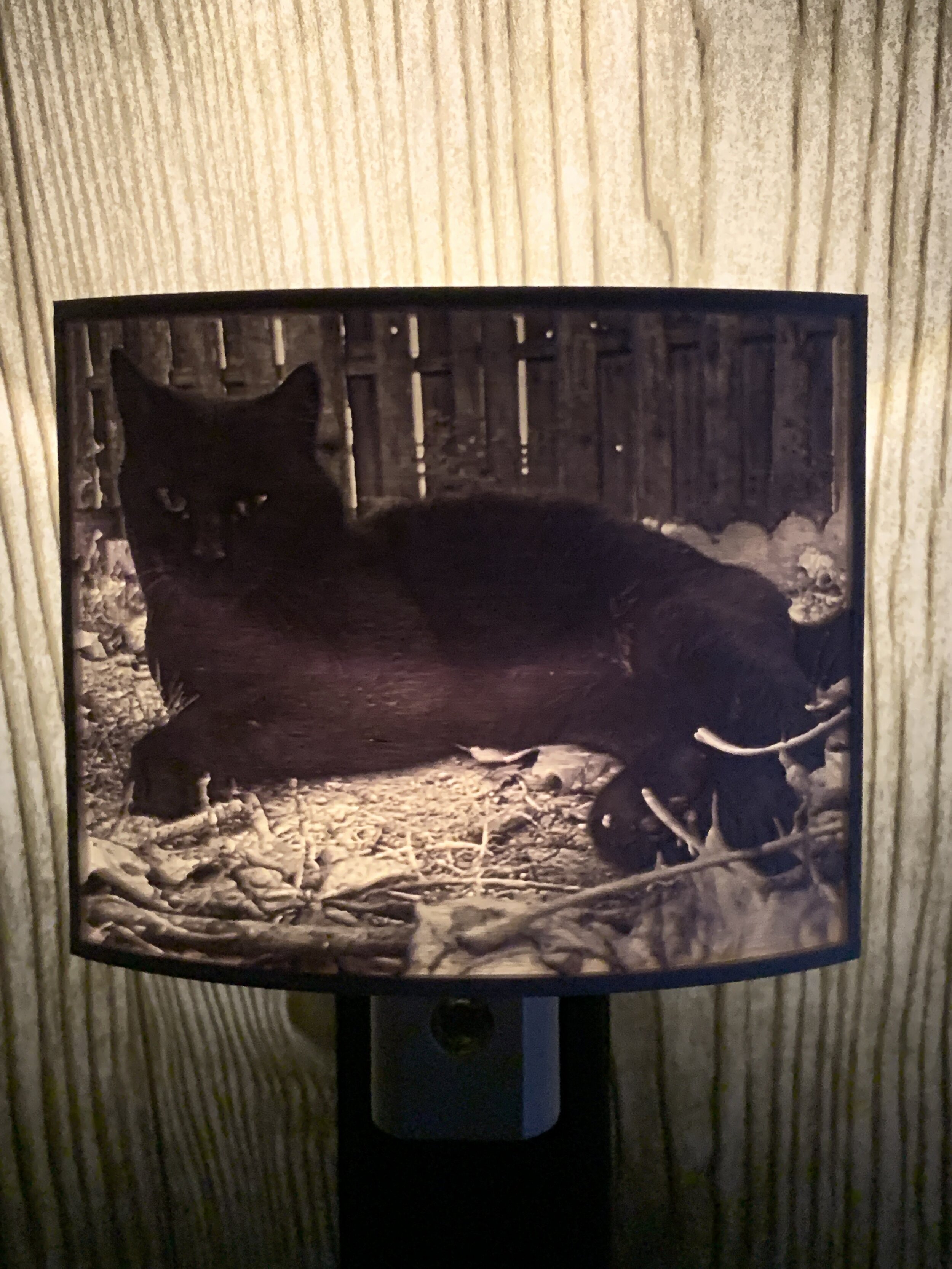On alert for Avian Influenza
Blondie, one of our backyard chickens, will have to stay cooped up a little bit longer this winter. Photo by niki@hvny.info.
Highly-contagious poultry virus confirmed in Dutchess, Ulster
Are you one of the many people who panic-bought chickens during the pandemic? Or are you a seasoned farmer with a well-established flock?
No matter how many chickens you have, or how long you’ve had them, you should know: the highly-contagious Avian Influenza has been reported in Ulster and Dutchess counties.
According to the Cornell Cooperative Extension, “two laboratory-confirmed cases of Highly Pathogenic Avian Influenza, one in a pheasant flock in Dutchess County and one in a backyard flock in Ulster County, were identified on Friday, February 25.” These flocks, along with another backyard flock in Suffolk County, have been euthanized to help control the spread of the virus.
Highly Pathogenic Avian Influenza (HPAI) does not “present an immediate public health concern,” according to the US Centers for Disease Control and Prevention. “No human cases of these avian influenza viruses have been detected in the United States.” The virus occurs naturally among wild aquatic birds worldwide and can fatally infect domestic poultry and other bird and animal species. Transmission takes place through contact with infected feces, surfaces, or through the air.
Domestic poultry, ducks, geese, turkeys, guinea fowl, quail, pheasants, emus and ostriches are the most susceptible to being affected by avian influenza.
Over these next few weeks, flocks should be monitored for any signs of illness.
Symptoms of HPAI include:
Sudden death without clinical signs*
Decreased egg production, or soft-shelled or misshapen eggs
Swelling of head, comb, eyelid, wattles, and hocks
Purple discoloration of wattles, comb, and legs
Nasal discharge, coughing, and sneezing
Discoordination
Diarrhea
*A high level of mortality without any clinical signs is known to be a hallmark of the virus. In some cases, 100-percent of the flock can die within a few days.
Amy Barkley, CCE Livestock Specialist says HPAI thrives in cold, wet environments for up to 120 days, making it a prime concern in late winter. It is anticipated that “cases will increase across the northeast as wild waterfowl migrate northward in the coming months.” But, as the snow melts, and birds complete their migrations in April and May, the risk of the disease spreading also decreases.
In the meantime, Barkley recommends monitoring your flock, limiting any free-range time, keeping birds away from wild ducks and geese (and their droppings), and keeping their spaces sanitary. The virus is believed to be transmitted through infected feed, clothing, or equipment.
HPAI Management + Prevention:
Discourage unnecessary visitors and use biosecurity signs to warn people not to enter buildings without permission.
Ask all visitors if they have had any contact with any birds in the past five days.
Forbid entry to employees and visitors who own any kind of fowl.
Require all visitors to cover and disinfect all footwear.
Lock all entrances to chicken houses after hours.
Avoid non-essential vehicular traffic on-farm.
After hauling birds to processors, clean and disinfect poultry transport coops and vehicles before they return to the farm.
Report anything unusual, especially sick or dead birds, to the New York State Department of Agriculture and Markets.
If your birds are sick or dying, it's important to report it immediately to mitigate the spread to other flocks. Report sick birds to:
Your local veterinarian or flock veterinarian
The State Animal Health Diagnostic Center, at (607) 253-3900 or poultryhealth@cornell.edu
The USDA toll-free at 1-866-536-7593
The Cornell Cooperative Extension, in conjunction with the NYS Department of Agriculture and Markets, will be hosting a webinar on March 7, 2022 from 7-8pm to offer additional guidance on HPAI.
Cornell Cooperative Extension and Dr. Chad Wall, Field Veterinarian for NYS Department of Agriculture and Markets, to learn about the current outbreaks of Highly Pathogenic Avian Influenza, the threat it poses to NYS poultry production, and how we can protect our birds and stop the spread. This event is for Small Production Flocks as well as Backyard/Hobby Flocks. Topics covered include symptoms of the disease, keeping your poultry safe, and what will happen if the disease is found in your flock or a flock near you. The update will leave ample time for Q&A.
Pre-registration is required at https://tinyurl.com/NYS-HPAI. This meeting will be held over Zoom with a call-in option available. There is no cost for this event.
More info:
NYS Department of Agriculture and Markets: https://agriculture.ny.gov/animals/poultry
CCE: https://cals.cornell.edu/news/2022/02/poultry-producers-be-lookout-highly-pathogenic-avian-influenza
This story originally appeared in HVNY’s weekly newsletter, “This Week in the Hudson Valley.” To get the newsletter, sign-up at hvny.info/sign-up Marie Dunne and larissa@hvny.info contributed to this story.
ADVERTISEMENT



